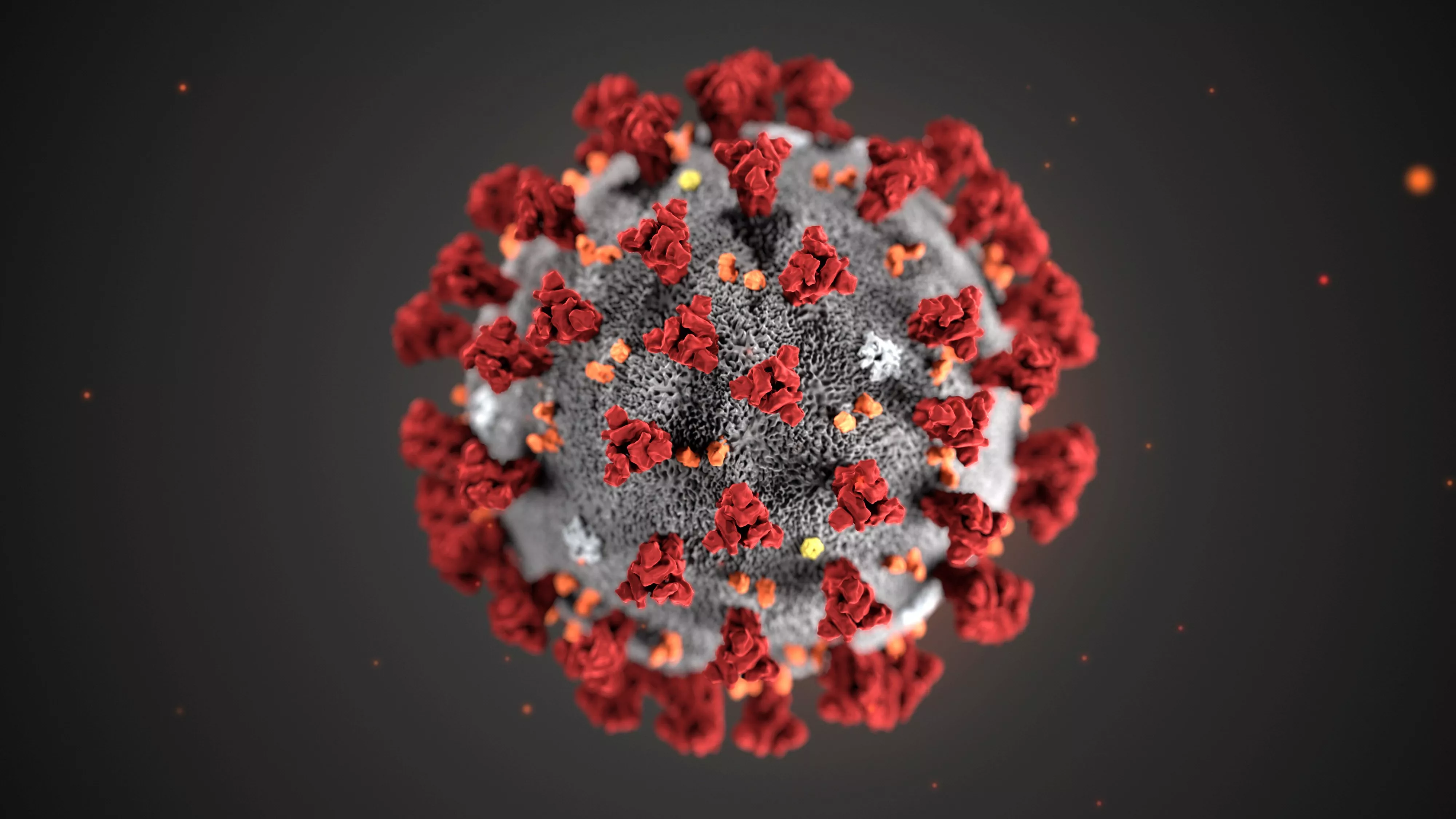Mocking the virus
South Asian leaders struggle to contain the disease and its economic fallout
The second wave of the coronavirus pandemic is about to emerge anytime soon. The South Asian leaders are in a tight spot as they struggle to contain the disease and its economic fallout. From the warnings of the World Health Organization (WHO), it seems that South Asia may even become another epicentre of the disease. Admonishments have already been issued to Pakistan on mishandling the virus, after taking a good start through lockdowns. However, for Pakistan to handle anything effectively it must pass through two checks: religious interpretation of the situation and its effect on the poverty landscape. Whether we like it or not, both these elements could become the reason for a brutal second wave. We did not avoid congregational prayers and neither could we stop crowds from indulging in buying and selling goods and services. The exercise became a lot easier when Prime Minister Imran Khan showed ambivalence on the effectiveness of social distancing to contain Covid-19. In the choice to pick a killer, he chose the virus to do the dirty work because poverty would have put him and his government in the crosshairs for having failed its people by not reaching out to them.Emboldened with the low death rate and faith in the strong immune system of the people, who have developed resistance against multiple viruses because of the overexposure to unhygienic conditions, the lockdown was put to rest immediately before Eid. With the government opening up vital areas to keep the supply chain of the construction sector running, the apex court ordered reopening of shopping malls and other shopping areas. It was the beginning of the end of the benefits achieved from the lockdown.
According to the WHO data, over the last few weeks more than one in five persons has been tested Covid-19 positive, compared to one in 10 before the lockdown was lifted. In its letter to the health ministry in Pakistan, the WHO has recommended the government adopt a two-week off and two-week on strategy. The organisation has also stressed on increasing the capacity to conduct tests to 50,000 per day. Pakistan is testing a maximum of 24,000 people daily right now.
Our health infrastructure cannot handle the coronavirus-triggered burden. The same is true of the social security framework, which is as emaciated and restrictive. This means the government does not have enough money to spend on its people either through healthcare or through economic opportunities. This binary of a mismanaged governance structure has bitten us as many times as we have been hit by a calamity or a disaster. We have not learned the lesson, though. The windfall of financial relief that Pakistan had received to manage calamities and disasters has been misused and thrown in coffers meant for the elites.
Indeed, economic packages have been announced, businesses are given relief through tax deductions plus loans and effort has been made to control inflation through cuts in petroleum products. The question is: has the fruit of these measures reached the targeted people? Not really. From the hoarding of flour and petrol to the prices of goods and services keeping the upward trajectory, the message has been hammered home that these windows of opportunities were not for the ordinary folks. Hence the so-called trickle-down effect never happened. Already, chances are that because of the smog of the elite nexus around our accountability process we would never know who benefited the most from these bailouts.
Because we do not learn from past mistakes, throw every issue in the religious basket, and fail to design targeted economic packages, we become victims of circular thoughts, which are all talking and no action. While a part of the world was busy making new laws to handle the new realities the virus had brought to the fore, our parliamentarians were mudslinging one another for not having an effective policy to contain the virus. Then slings were directed towards the Sindh government (in guise it was the Pakistan Peoples Party on the target, though) to have failed in preventing the virus.
As much as we may hate to acknowledge, the fact is that this virus has multiple personalities. It makes some people sick while leaving as many without even a symptom. It kills some most mercilessly while passing through many with only a touch of flu.
For the real experts and those with a talent to zero in on the right information based on evidence, this pandemic should not be mocked around the typical excuses of poverty and religious fervour. We are not depleted of resources, we are depleted of statesmanship and the capacity to establish the writ of the state. We can manage poverty and religious interpretation of the disease only if the powers that be are ready to set aside their interests. This will also take care of hoarding and artificial price hikes.
Published in The Express Tribune, June 11th, 2020.
Like Opinion & Editorial on Facebook, follow @ETOpEd on Twitter to receive all updates on all our daily pieces.


COMMENTS
Comments are moderated and generally will be posted if they are on-topic and not abusive.
For more information, please see our Comments FAQ